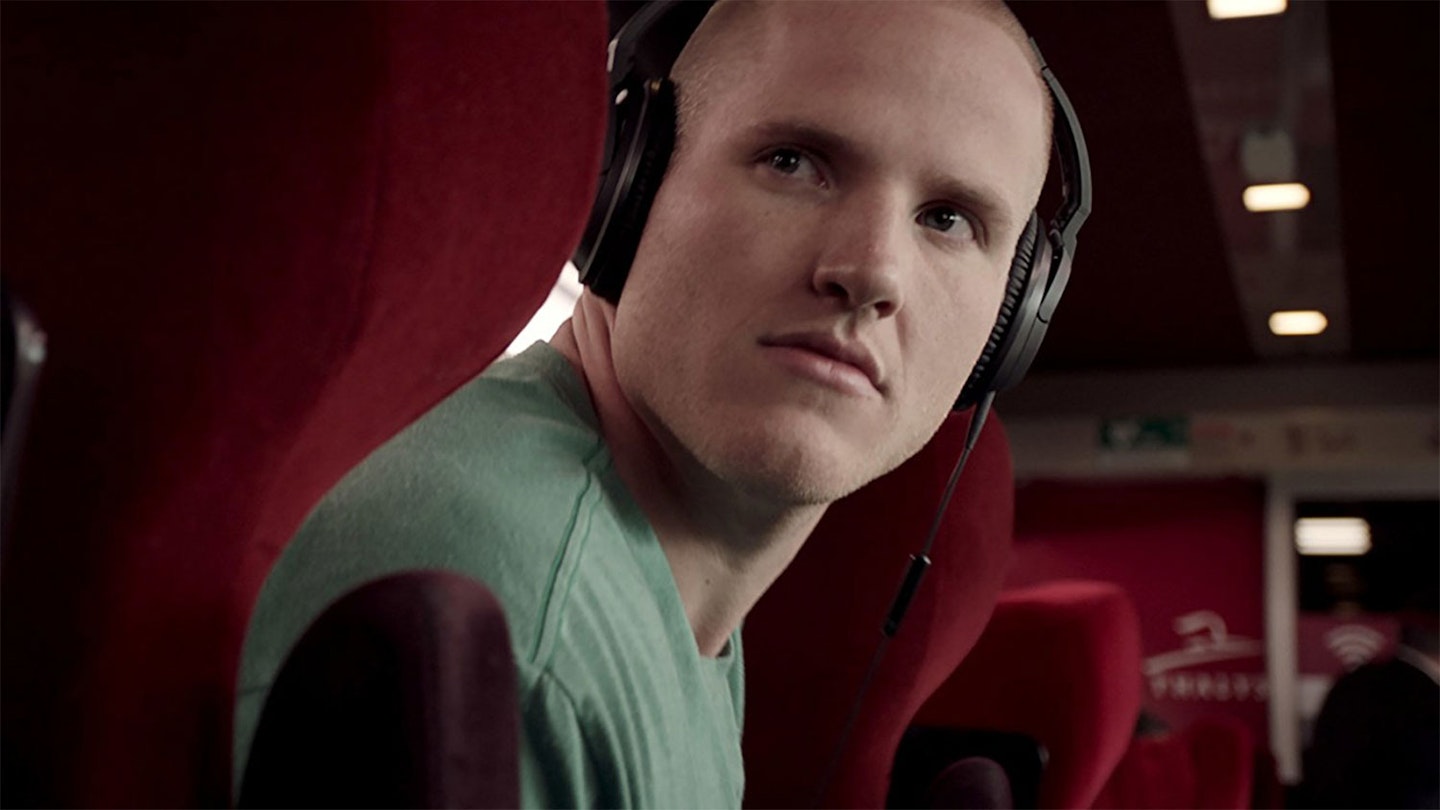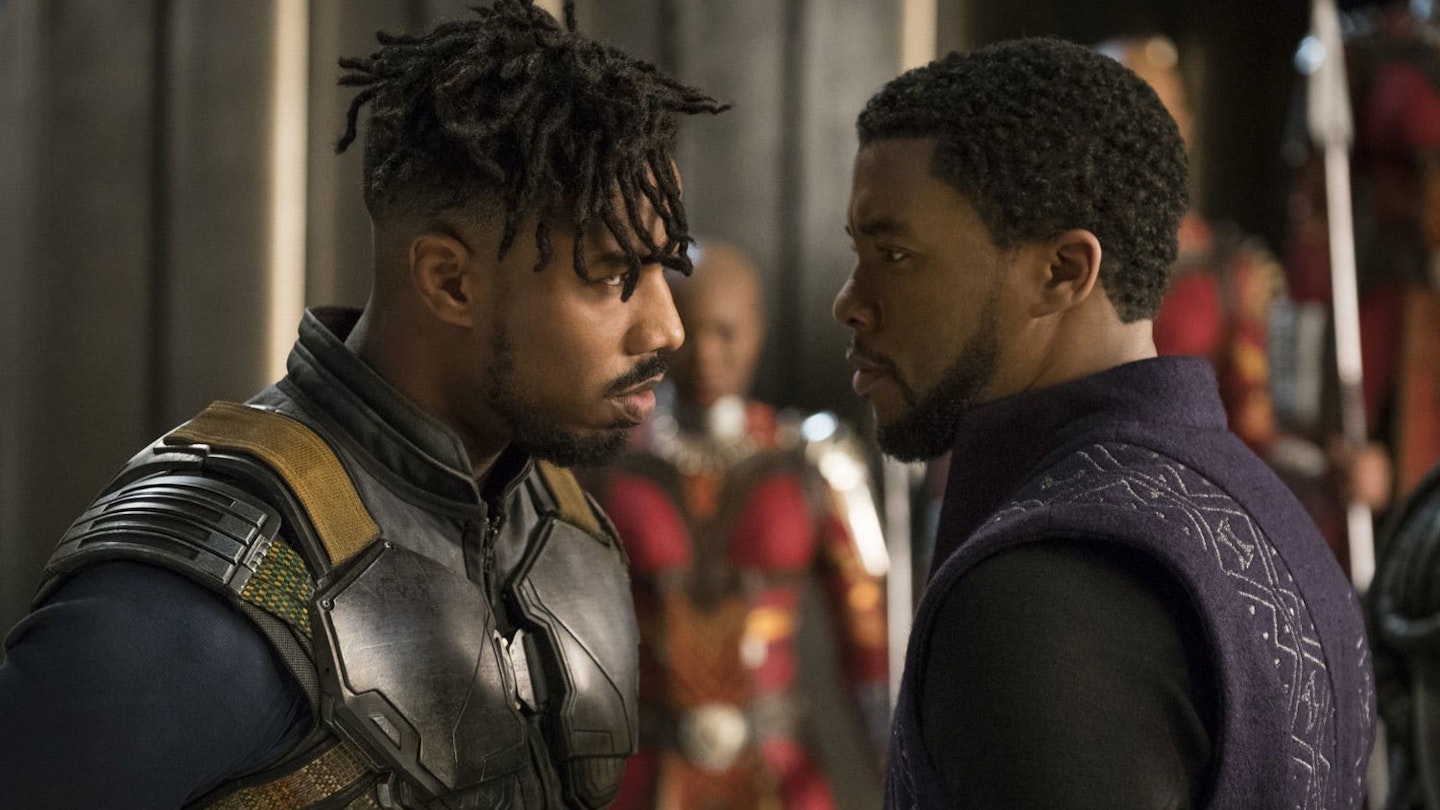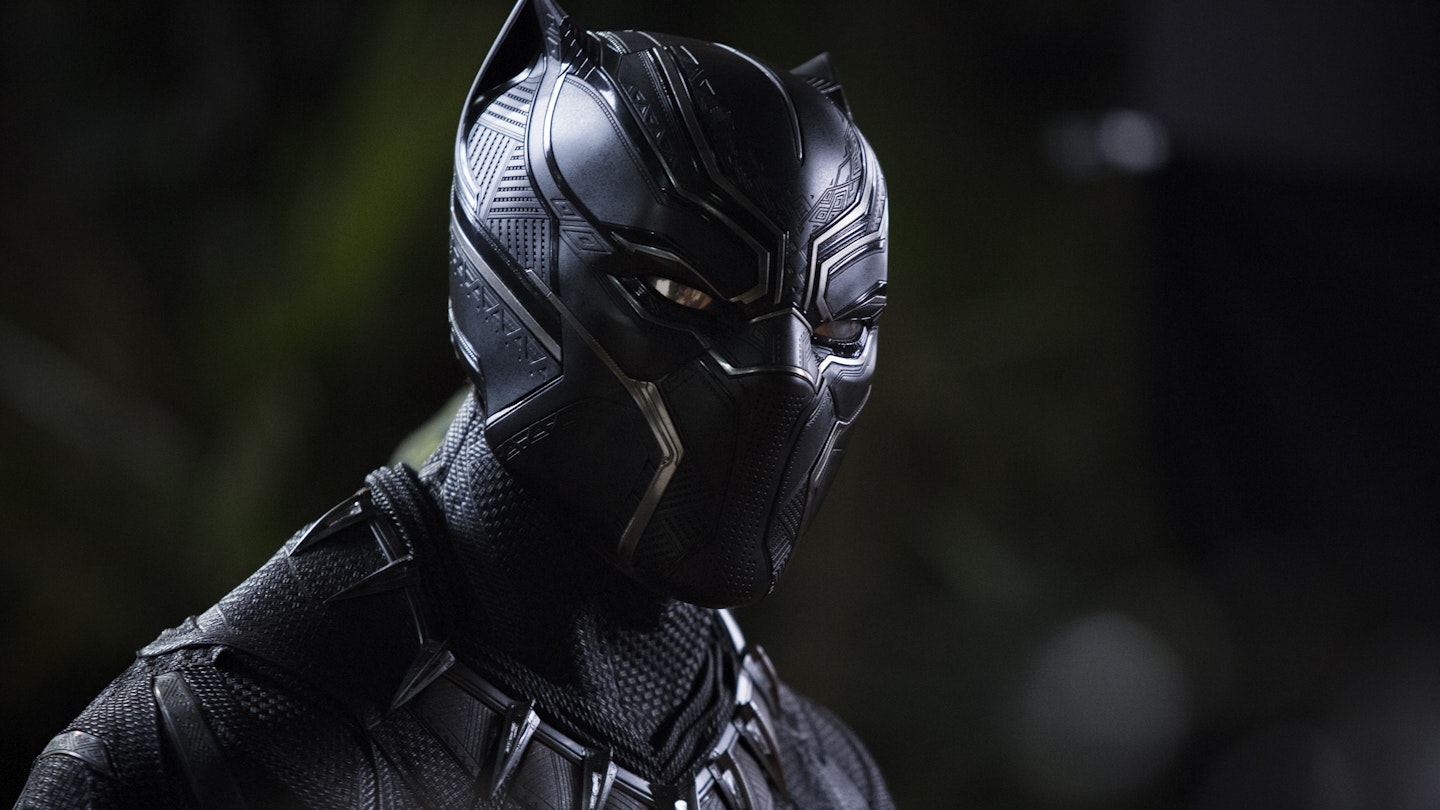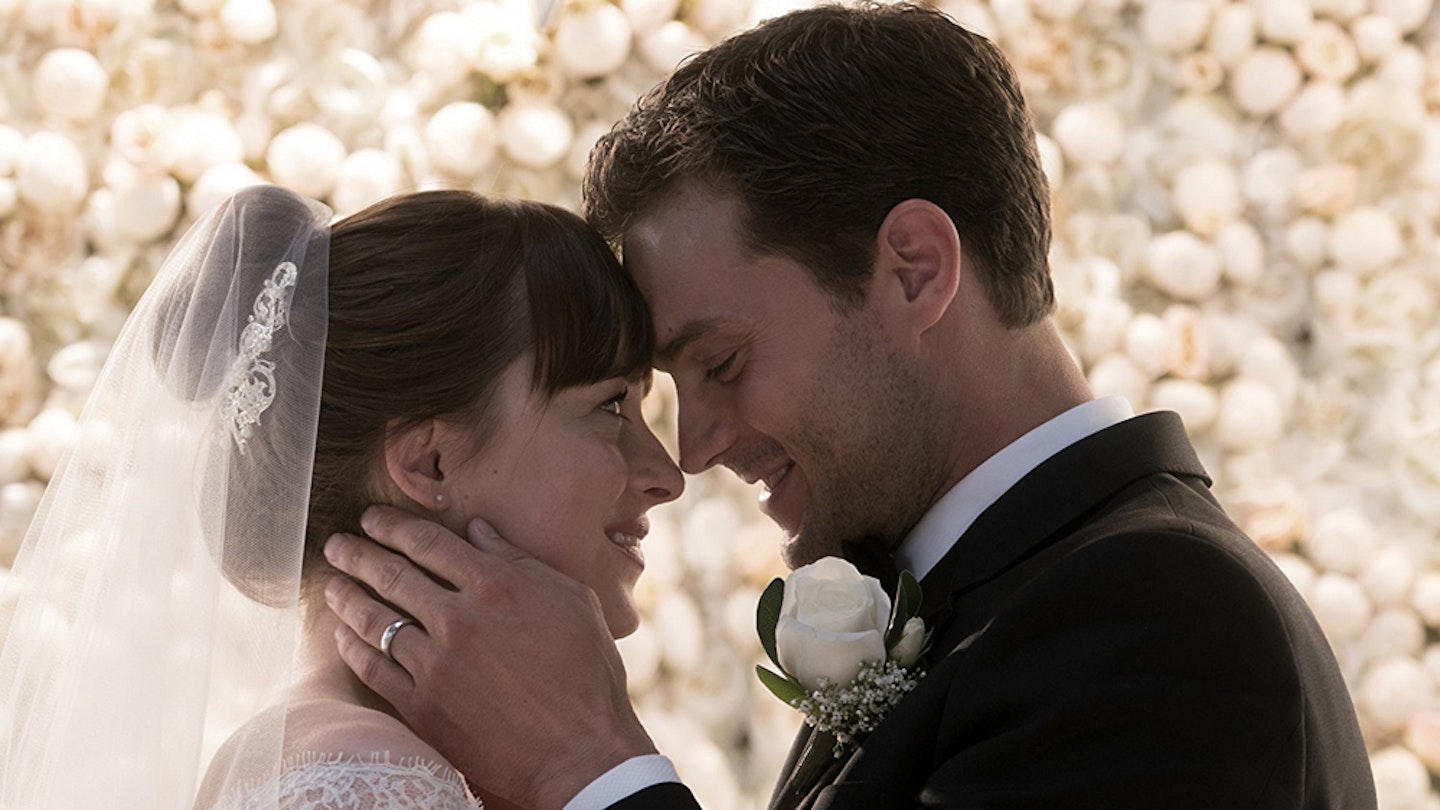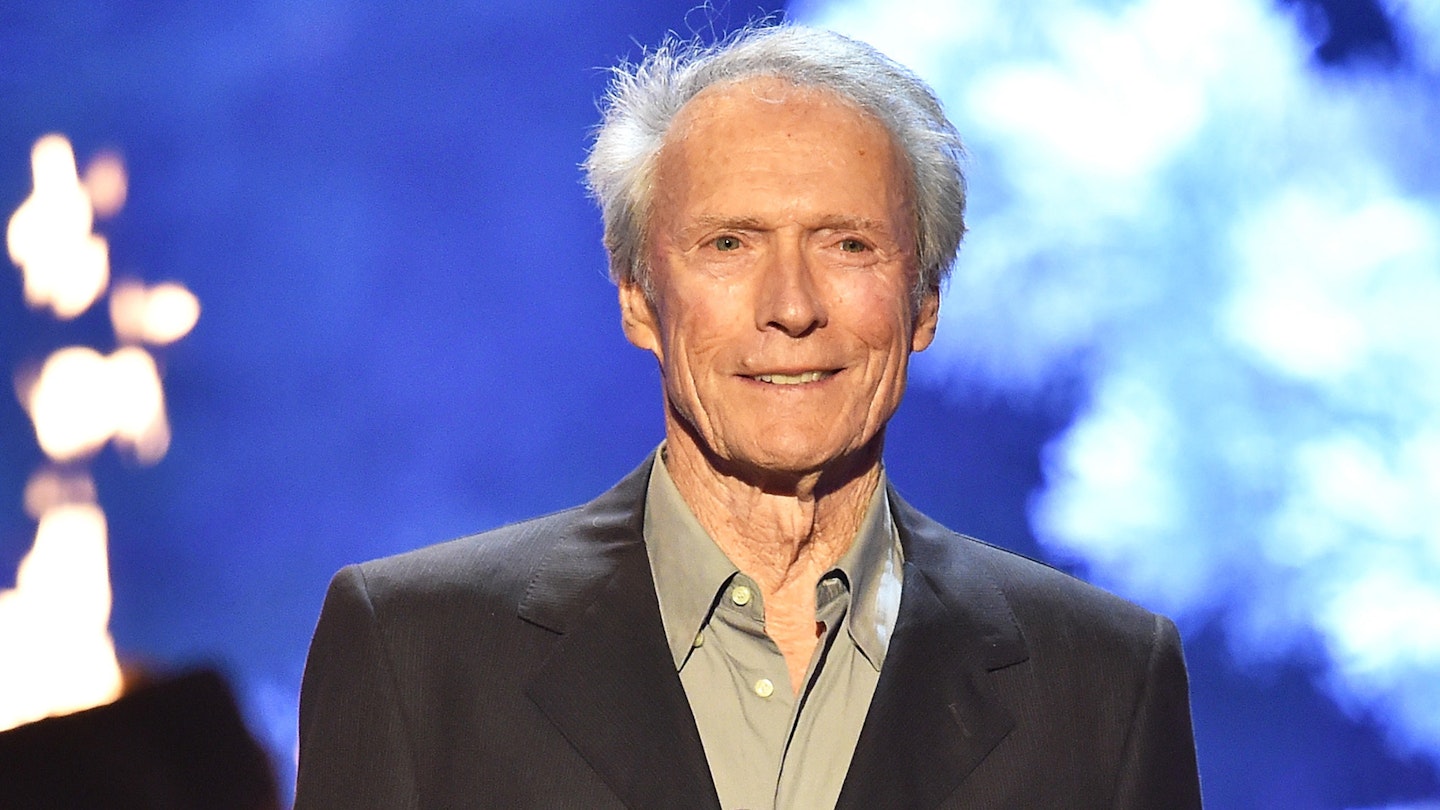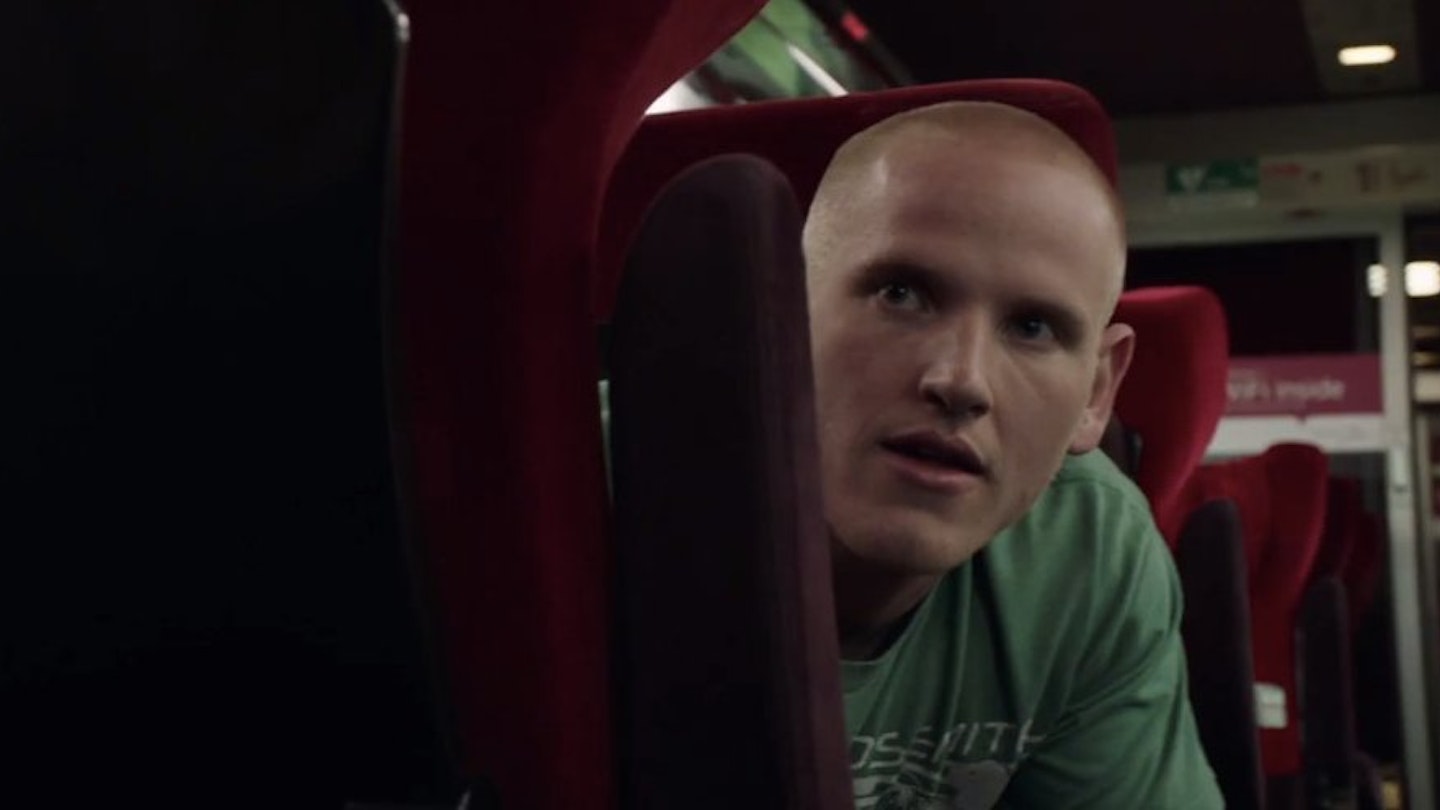Given it is based on a brief moment of true-life heroism — three American tourists, two with a military background take down a terrorist on a train speeding toward Paris — it was always hard to imagine what the other 90 minutes of Clint Eastwood’s The 15:17 To Paris were going to pan out like. Hampered by Eastwood’s decision to cast the actual participants in the fictionalised account, the answer is a desultory portrait of a friendship that may well be accurate but seems to be at the expense of all the stuff that make good drama — engaging conflicts, character development, exciting incidents. It leaves The 15:17 To Paris a mostly dull ride until its raison d’etre kicks in.
Dorothy Blyskal’s subtle as a freight train screenplay drip feeds the events of August 2015 into the backstory of the three brave bros. So, we get Stone and Skarlatos meeting Sadler at a Christian school, being hauled in front of the principal’s office and playing war in the woods (“(there’s) something about war man, the brotherhood, the history.”). Lacking nuance, texture or soul, it does little to suggest a friendship cemented for life that would provide a bond in a time of crisis.
As the boys grow up and apart, the film favours Stone. As he becomes more military obsessed (he even has a Letters From Iwo Jima poster on his wall) he segues from a job at Jamba Juice to the Air Force via a training montage and a scene where he preps to kill a military base intruder with a biro, setting up his have-a-go hero impulses. By contrast the other two get scant screen time. Skarlatos is seen on manoeuvres in Afghanistan whereas civilian Sadler, who trained as a lawyer, gets even less attention.
It’s a bit like watching a stranger’s Facebook holiday posts.
The friends get back together for a eurotrip. Stone and Sadler visit Italy, ogle girls, worry about their Instagram game and meet fellow American Lisa (Alisa Allapach). Skarlatos travels to Germany to drink in a bar in Germany where his grandfather became a sergeant. The bros meet up in Amsterdam — where they get served super quickly in the world’s busiest bar — and get ready to board the train that will change their lives forever. It’s a bit like watching a stranger’s Facebook holiday posts.
Much of the hoopla around the film is Eastwood’s decision to cast the real-life heroes as themselves. The three guys are comfortable in short exchanges meaning you get a semblance of the easy chemistry Eastwood must have hoped for by casting actual friends. But the amateurs struggle with some of the bigger challenges demanded by the already tin-eared writing. When Stone, surveying the Italian skyline, muses, “I don’t know man, do you ever feel that life is pushing us towards something, some greater purpose?”, you doubt whether Daniel Day-Lewis could make it fly, let alone a US Air Force Airman with no previous acting experience. Only at the end does the actors-playing-themselves gambit pays dividends: Eastwood can seamlessly cut between close-ups of his actors and news footage of President Hollande giving them medals.
At certain points, it looks like Eastwood is going to raise interesting, almost ironic points about the marriage between belief in the US military and religious faith and American hubris surrounding their self-appointed status as the world’s peace keepers but nothing ever comes of it. Some of it works. Eastwood’s direction is clean, crisp and unfussy as ever. When we get to see it in full, the showdown with terrorist Ayoub El Khazzani is powerfully handled. But it doesn’t compensate for a thematically muddled dramatically inert journey.
